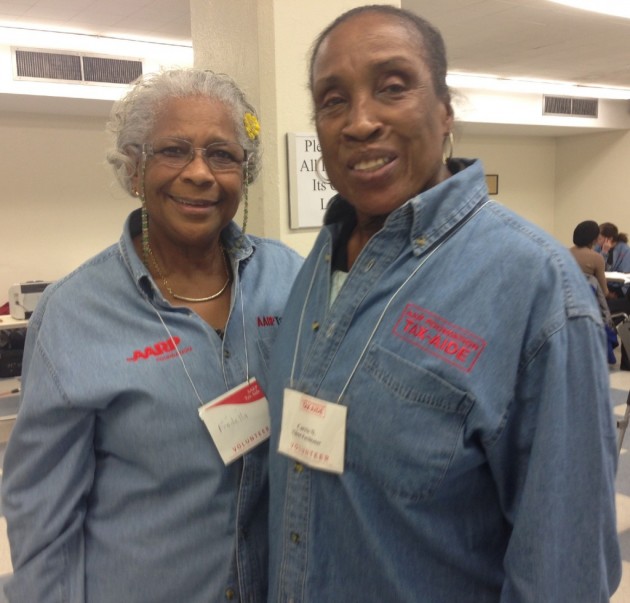A pair of opening legal briefs for gay marriage cases to be decided by the Supreme Court this spring were sent out last month. Specifically, lawyers in support of California’s Proposition 8 and the Defense of Marriage Act ask the Supreme Court to rule that the law should only recognize marriages between opposite-sex couples.
The attorneys of the Bipartisan Legal Advisory Group (BLAG) steered clear of arguing that gays or lesbians take part in immoral behavior or lifestyles. However, those briefs did contain the claim that homosexuals are not a politically powerless minority subjected to discrimination and in need of protection from courts.
“Gays and lesbians are one of the most influential, best-connected, best-funded, and best-organized interest groups in modern politics, and have attained more legislative victories, political power and popular favor in less time than virtually any other group in American history,” wrote Paul D. Clement, a former solicitor general under President George W. Bush who is now representing House Republicans.
To prove their point, the attorneys listed victories that the homosexual community has had over the past few years, including President Barack Obama vocalizing his support for gay marriage, the repeal of “Don’t Ask, Don’t Tell” and the approval of same-sex marriage in nine states and the District of Columbia.
“Gays and lesbians not only have the attention of lawmakers, they are winning many legislative battles,” said the brief.
This comment has individuals in the homosexual community outraged. “It doesn’t make any sense,” said Jesus Rosario, a newly-engaged, District of Columbia resident. “It is true that the homosexual community is very powerful. But, the fact still remains that across this nation we are being denied our civil right to get married.”
According to Manuella Hancock, a lawyer who is also a speaker for the DC Center for the LGBT Community, the appeal to argue that same sex couples are not in need of protection because they are too politically powerful is defective for several reasons.
“First, their argument relies on a disingenuous selection of the victories without admitting to the defeats that have been visited upon same sex couples in the last decade. It does not negate that 31 states have used the political process to specifically deny these couples marital rights,” said Hancock.
“Second, it is a highly dangerous precedent to claim that successful advocacy on the part of and on behalf of a vulnerable minority should be a basis for eliminating protections accorded to that minority group. Finally, there is something insidiously wrong with implying that a group of people’s suffering and discrimination at the hands of an intolerant majority should be diminished because the wrongness of the intolerance was exposed successfully and convincingly in a relatively short amount of time.”
Later this month, advocates for gay rights will be able to respond to this brief and submit their arguments in favor for eliminating the two laws. Gay rights groups and others backing the challengers of the law have until February 28 to file their friend of the court briefs. The Supreme Court will hear arguments in the cases on March 26 and 27.





